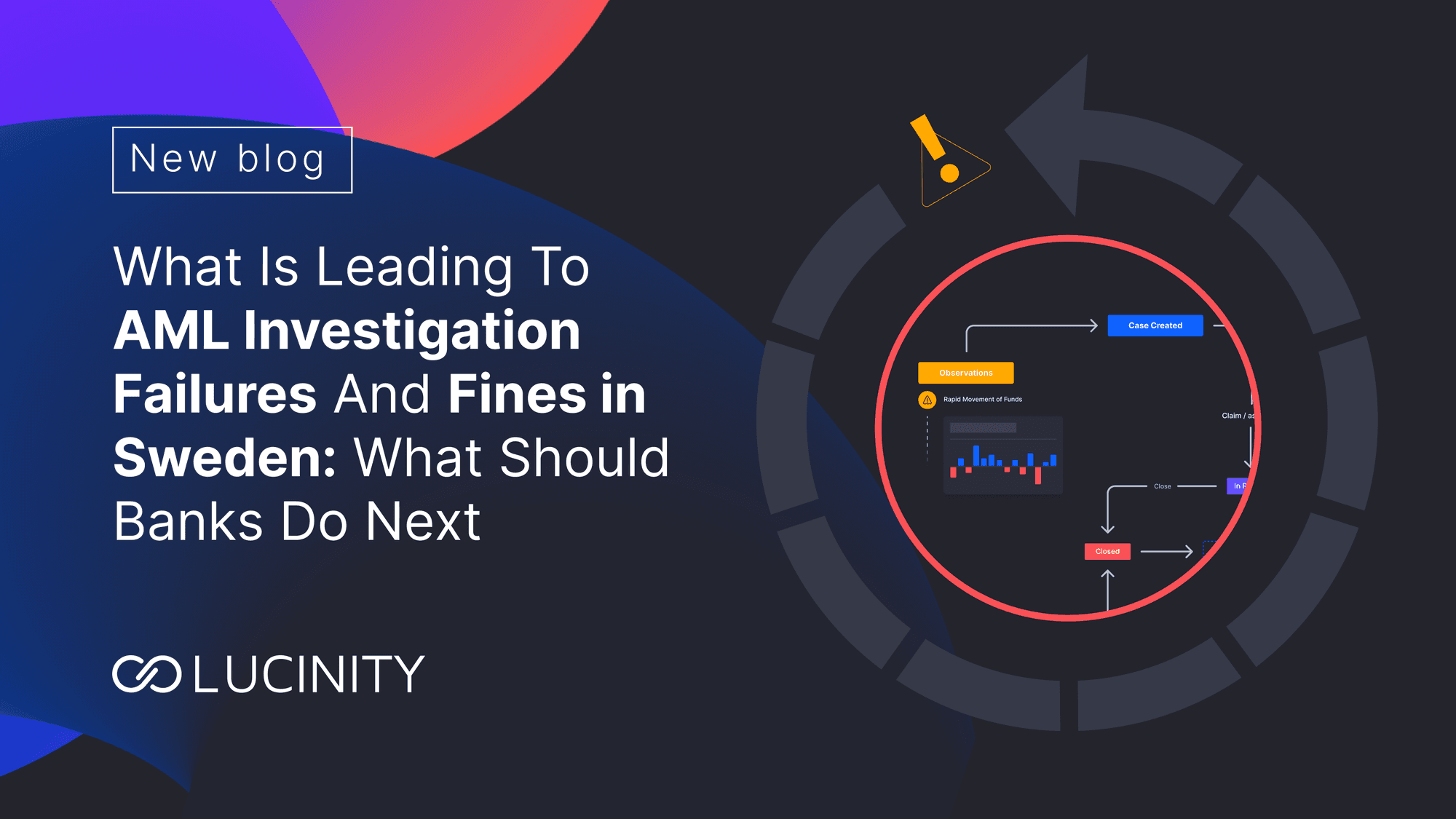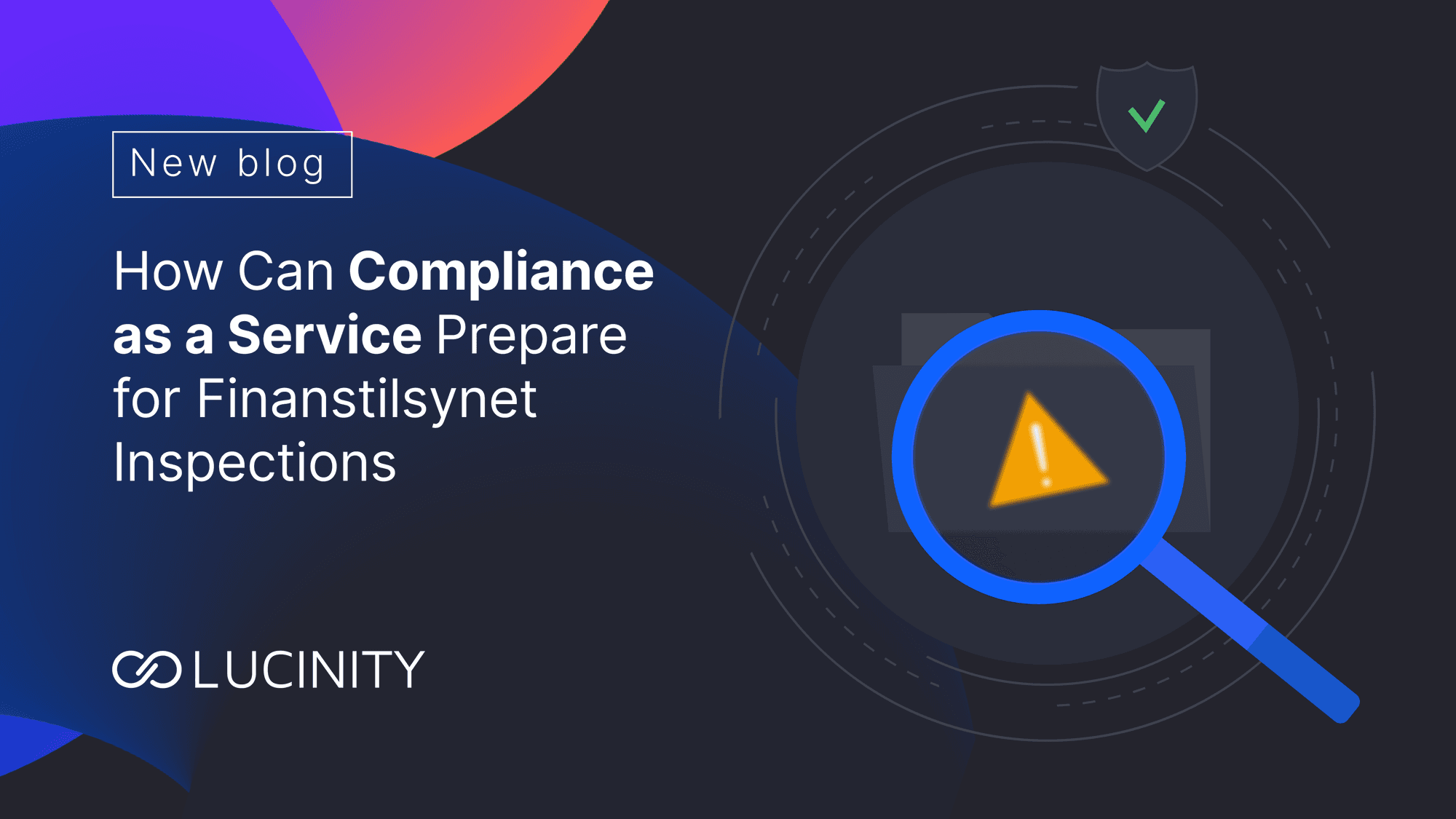Evolving AML Regulatory Environment: Bunq and The Dutch Central Bank
The recent case and court ruling favoring Dutch challenger bank, Bunq highlights how advanced Anti-Money Laundering (AML) tools and practices are gaining ground across the Financial Services industry.
The recent case and court ruling favoring Dutch challenger bank, Bunq highlights how advanced Anti-Money Laundering (AML) tools and practices are gaining ground across the Financial Services industry. The Dutch Central Bank (DNB) had initially prohibited Bunq's use of Machine Learning and Artificial Intelligence (ML and AI) to conduct AML monitoring, which drove Bunq to sue the central bank.
This ruling constitutes a landmark for other institutions wanting to use technology to fight Financial Crime. It effectively gives legitimacy to deploying data-driven, AI-powered solutions, a move that likely other banks and actors in the industry will follow. The ruling holds that DNB should not make manual processes mandatory for banks.
Times are changing
In times of economic recession, the ability to perform a high volume of surveillance checks in a more automated fashion will undoubtedly streamline operational costs and help capacity levels within investigation teams. Transaction Monitoring and Client Onboarding are widely assessed as costly, inefficient, and time-consuming, with activity backlogs widespread across businesses. As quoted by Dutch legal experts, "This is certainly a territory where algorithms, big data, and AI can reduce the cost and drive improvement in KYC checks... We are just at the beginning of this process. Many new developments will arise". Combining it with Human Intelligence evolves the concept into "Augmented Intelligence."
Watershed moment
AI-powered tools, such as Lucinity's SAR Manager or Actor Intelligence, make a difference in efficiency and help Financial Crime Monitoring identify anomalies where resources can be pooled, exploiting human capabilities in analyzing complex cases and typologies more creatively than machines. Lastly, ML and AI bring faster, more innovative platforms that work for Compliance staff, using easy-to-operate interfaces. Data presentation is enhanced to levels not previously seen using classic applications. Bunq may be a watershed in how the Regulatory landscape is evolving to face Financial Crime and operational challenges.





